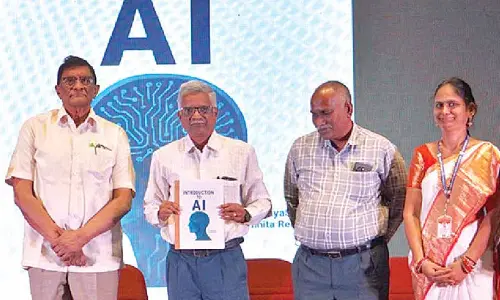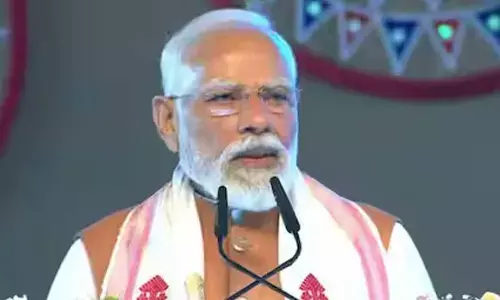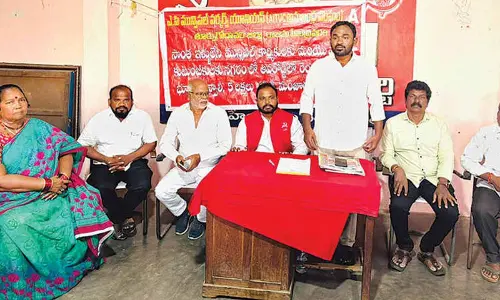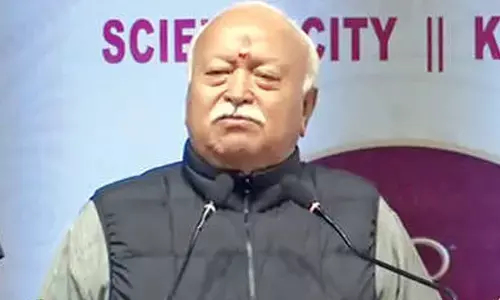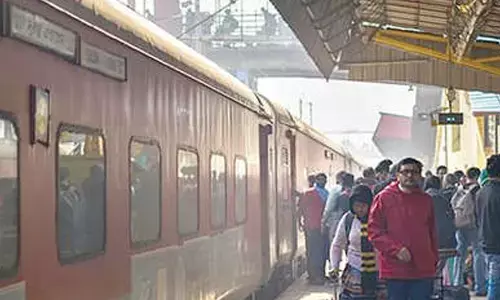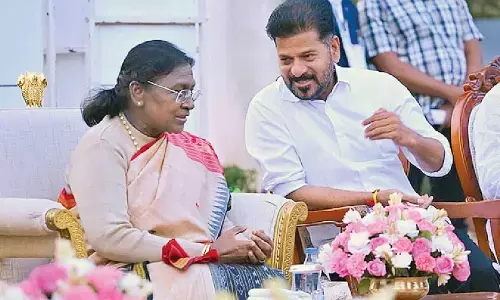Supreme Court Frowns On COVID-19 Treatment, Low Testing In Delhi, Issues Notice
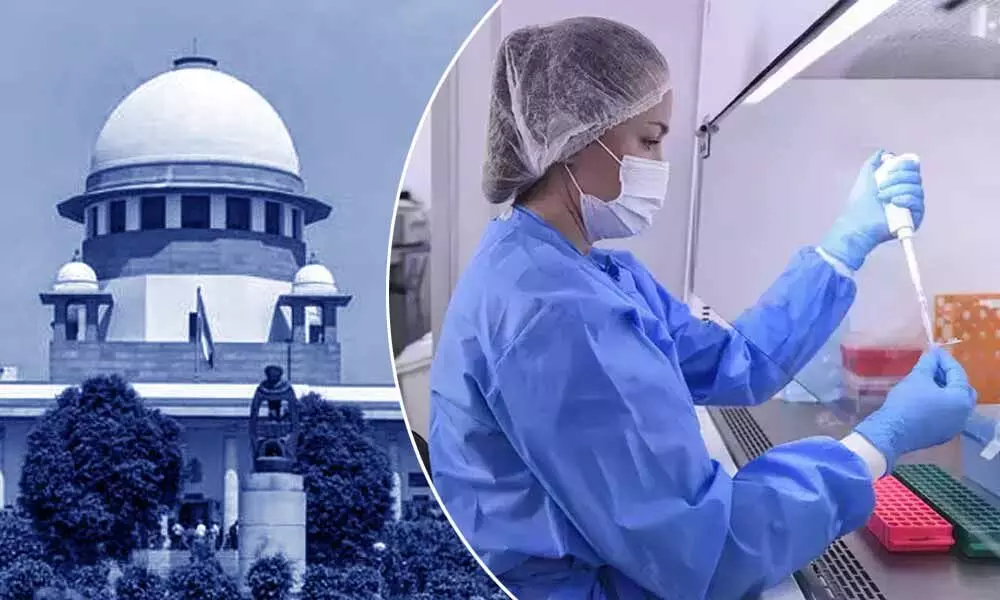 Supreme Court Frowns On COVID-19 Treatment
Supreme Court Frowns On COVID-19 TreatmentThe Supreme Court on Friday came down heavily on the poor treatment of coronavirus patients in Delhi hospitals and also questioned the authorities for the sharp dip in COVID-19 testing numbers.
New Delhi: The Supreme Court on Friday, came down heavily on the poor treatment of coronavirus patients in Delhi hospitals and also questioned the authorities for the sharp dip in COVID-19 testing numbers. The apex court issued notices to the Centre and state governments on the treatment of coronavirus patients, as also the disposal of dead bodies.
The court expressed concern at low testing numbers in the national capital when coronavirus cases were on the rise in the country and compared this to higher testing in Mumbai. An apex court bench comprising Justice Ashok Bhushan, Justice Sanjay Kaul and Justice MR Shah took suo motu cognisance of the matter.
The apex court issued notices to the Central government and the state governments of Delhi, Maharashtra, West Bengal and Tamil Nadu in the matter. The bench listed the matter for further hearing on June 17.
The Supreme Court also expressed concern at the state of the hospitals and observed that human beings were being treated worse than animals. The Bench observed that bodies were found in garbage bins in some states.
The Supreme Court further said that it was the duty of the state to ensure higher testing. It observed that not testing is no solution and that people should know their status and this is possible through increased testing.
Justice Bhushan also said that people who seek a COVID-19 test cannot be denied the test on any technical ground and observed that the procedure should be simplified for more tests to be performed.
The apex court recalled that the Centre had issued directives on March 15 with regard to the disposal of dead bodies. It pointed out that the directors were not being followed and that relatives were not being informed of the death of COVID-19 patients.








